Sichuan tycoon accused of criminal enterprise
( China Daily ) Updated: 2014-02-21 07:05:17Rise to riches
Liu Han allegedly protected his business with his gang and funded his gang from his business, and thus engineered his dizzying ascent into the realm of the super-rich.
In March 1997 when Liu set up the Hanlong Group in Mianyang, he reportedly recruited hatchet men in the name of security guards. He allegedly had Liu Wei purchase weapons, and they built an underground arsenal in Guanghan.
When the gang was busted in 2013, police confiscated three grenades, 20 guns, 677 bullets, 2,163 shotgun cartridges and more than 100 knives.
Liu's syndicate was extremely hierarchical, with him being the head. Large numbers of thugs were at his disposal.
He wanted fierce fighters, and as long as they fought for the "organization", the organization covered for their crimes.
According to Liu's rules, gangsters should claim no involvement with Hanlong if caught by the police. Anyone who revealed the organization's secrets was severely punished.
Those who hesitated to kill were expelled, while murderers like Tang Xianbing were promoted to managerial positions with annual salaries of 100,000 yuan ($16,400).
After Sun Huajun and Miao Jun allegedly killed Wang Yongcheng, Liu Han arranged their escape, and rewarded Sun with a Cadillac, an Audi and more than 300,000 yuan. Miao Jun received 600,000 yuan.
With carrots and sticks, Liu established absolute authority in the gang. Blood cleared the path for his businesses. His wealth snowballed.
According to the police, after killing Zhou Zheng in 1998, Liu Han and Liu Wei monopolized gambling and loan-sharking in Guanghan. Their dominance expanded to sand extraction, construction and building material markets in and around Guanghan.
The slaughter of Xiong Wei and Wang Yongcheng helped clear the way for real estate development in Mianyang. Liu won tender for lucrative projects such as the Mianyang airport and Hanlong Bridge. He acquired the Forgood Distillery Co below market price.
In 2000, Liu moved Hanlong Group's headquarters from Mianyang to Chengdu, the provincial capital, reaching out to more sectors. When his organization zeroed in on a project, other bidders backed off.
Interviewed by The Wall Street Journal in 2010, Liu said he "has always been a winner, never lost".
Since 2000, violence played less and less a part in his gang's dealings. The fear had already been spread. Its job was done. Liu Han and his gang dominated local politics and the economy by intimidation.
Liu and his Hanlong Group meddled in and monopolized many industries. His business empire was backed by menace. Evidence shows that he and his gang have accumulated enormous wealth in property, mining, and electricity, through loan sharking and stock market manipulation, by illegal mergers and acquisitions, among other means.
They controlled more than 70 companies, including two listed ones, and four based overseas. They have swindled loans worth 4.6 billion yuan; taken shares in overseas gambling companies; and made $29.6 million by taking mainland citizens to gamble in Macao.
Liu's criminal empire has amassed nearly 40 billion yuan of assets and hundreds of cars, including Rolls-Royces, Bentleys and Ferraris.
Liu Han and his accomplices spent their illegal gains on firearms, knives and vehicles. He awarded bonuses to the lieutenants who did his evil bidding, gave them houses, money and drugs. He bought political influence and built a "protective umbrella" through bribery.
|
|
|
|
|
|
|
|
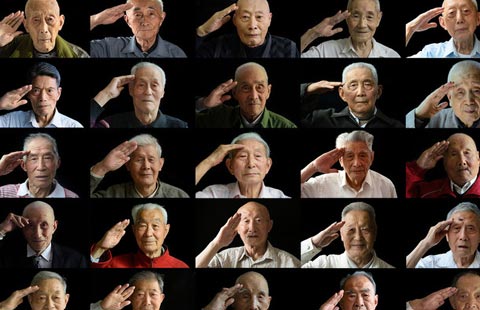
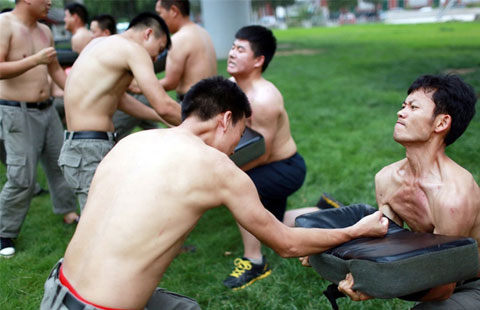

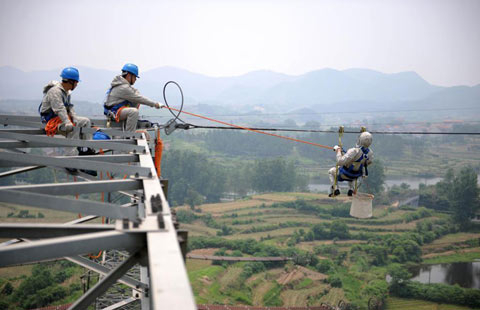
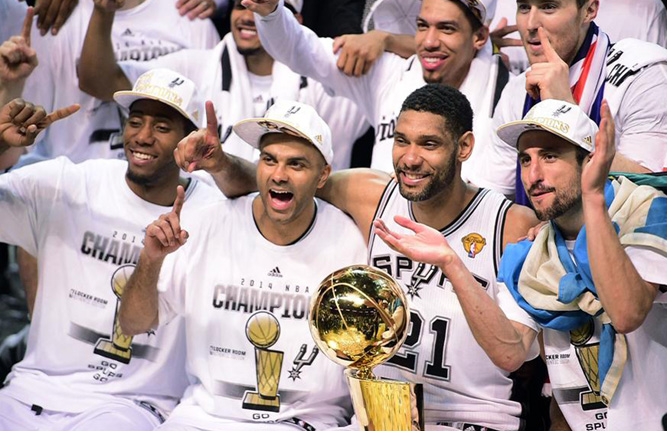
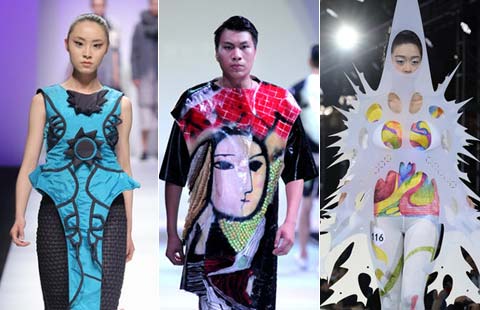


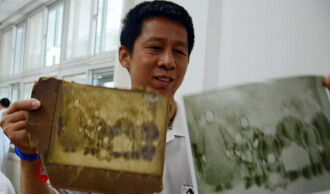
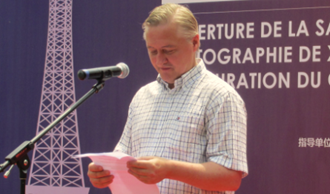


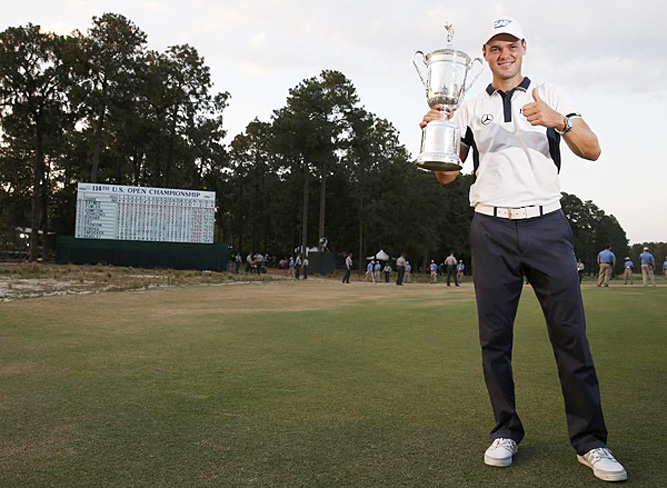





 Op Rana
Op Rana Berlin Fang
Berlin Fang Zhu Yuan
Zhu Yuan Huang Xiangyang
Huang Xiangyang Chen Weihua
Chen Weihua Liu Shinan
Liu Shinan